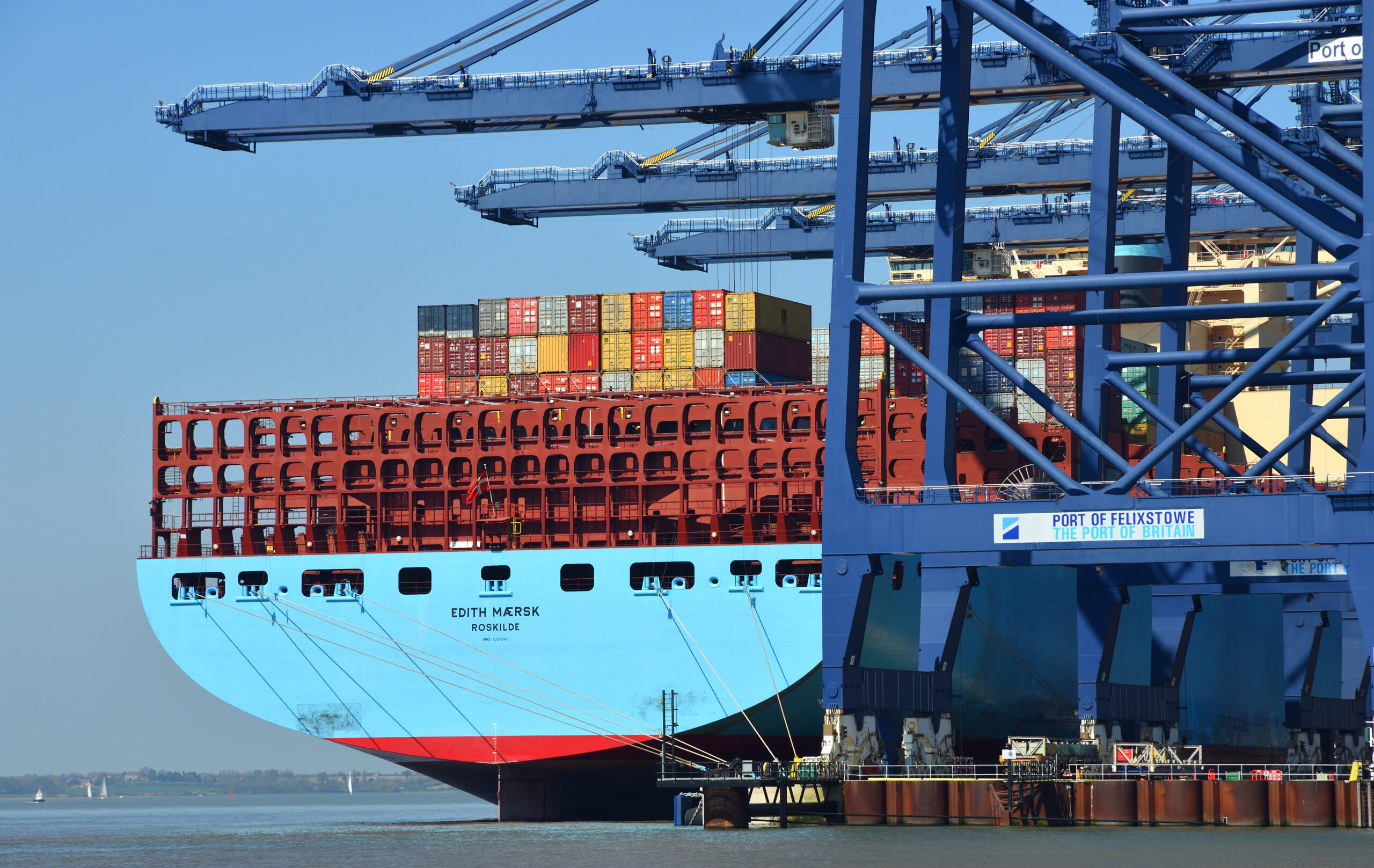In an official communique following a meeting of the Gabonese Council of Ministers on 5 January 2025, the central African country has announced its intention to introduce a pricing mechanism for greenhouse gas (GHG) emissions produced by maritime and air transport operators.
The draft decree, produced by the Gabon Ministry of Environment, Climate and Human-Wildlife Conflict, announced the introduction of a “Carbon Contribution” as a mechanism for controlling and offsetting GHG emissions produced by maritime and air transport operators transiting and/or operating in the Gabonese Republic.
According to the communique, any funds raised by the scheme will be used to fulfil the country’s commitments to “maintain Gabon’s carbon neutrality by 2050 and beyond,” in accordance with the Paris Agreement. The government states that any programmes which are to be financed by the new Carbon Contribution must be designed to fulfil the UN’s Sustainable Development Goals (SDG).
A National Carbon Registry for Air and Maritime Transport will be created for the implementation of the new carbon pricing mechanism, which is to be operated according to the “polluter pays” principle. Gabonese officials are yet to provide details on the price per tonne of carbon dioxide-equivalent (CO2e) emitted under the new scheme.
By introducing a levy on maritime and air carbon emissions, the Gabonese government is seeking to incentivise the reduction of GHG emissions and to advance the financing of environmental and energy programmes that respond to climate-related challenges.
With this announcement, the Gabonese government joins several other countries in introducing carbon levies on maritime and air transportation and contributes to the growing international efforts to implement such pricing mechanisms to address GHG emissions from hard-to-abate sectors.



